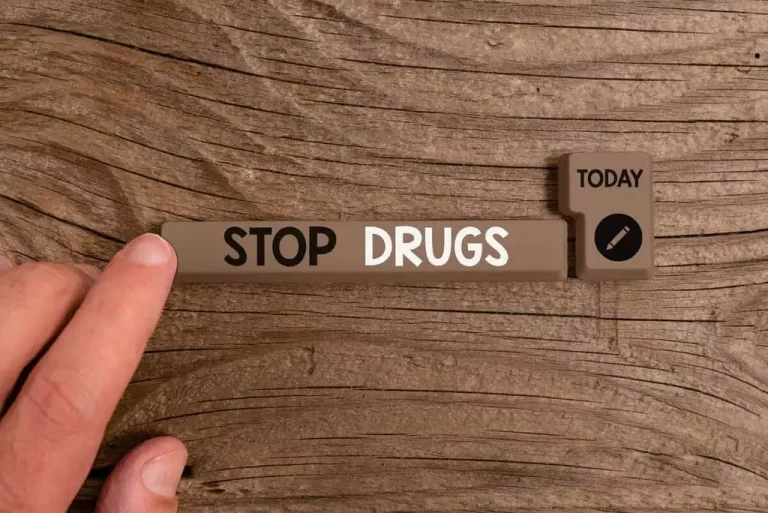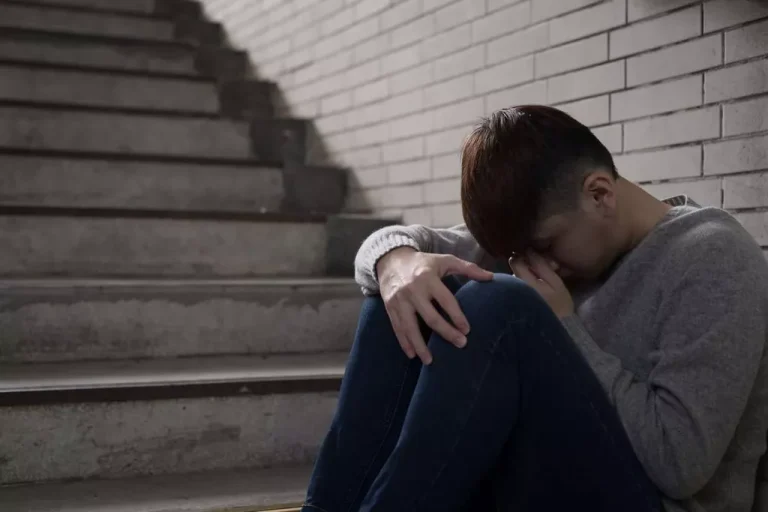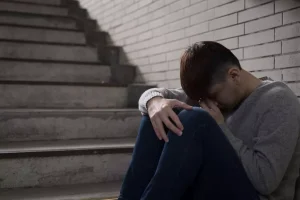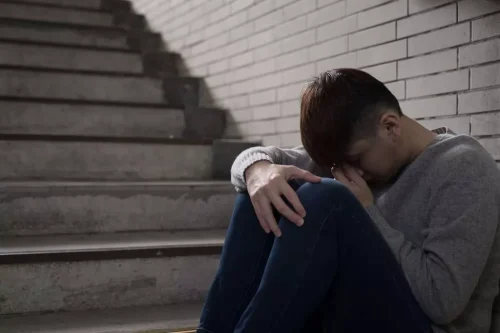Blog ›
Withdrawing from Benzodiazepines: Symptoms, Safety, and Treatment

Along with these https://ecosoberhouse.com/ symptoms, the person may experience severe cravings for the drug or other drugs to sedate them. Withdrawal symptoms may begin after as little as 3–6 weeks of use, even when a person uses the drugs as the doctor directed. During the early stages of withdrawal, the person may notice the symptoms of the condition that the drug was treating start to return, or rebound. For example, symptoms of anxiety or insomnia may come back or get worse without the drugs. Individuals undergoing benzodiazepine withdrawal may also experience mood swings, irritability, and agitation.
Approaching Treatment
This is particularly true if you are also giving up other substances, like alcohol or opioids. Accessing these resources can help you navigate the challenges of benzodiazepine withdrawal and increase your chances of achieving long-term sobriety and well-being. While these medications serve important medical needs, they are also subject to recreational abuse. Symptoms such as insomnia, cravings for Xanax, and anxiety, might take longer to leave the body and brain. Most of them are actual schedules which have been used and found to work by real people who withdrew successfully.
Sign 1: Increased Anxiety and Panic Attacks
Understanding a rough benzos withdrawal timeline will help you develop a better plan as drug addiction you work alongside a professional care team. There are three possible phases for benzo withdrawals, each with an estimated timeline. A person should always withdraw from benzos under the guidance of a healthcare professional. They should never quit benzos suddenly without first consulting a professional and developing a plan with them. Not everyone who undergoes benzodiazepine withdrawal will experience seizures.

What is Benzo Withdrawal?
- People usually take benzos for only 2–4 weeks, according to Rethink Mental Illness.
- Medication-assisted treatment may also be an option for some individuals.
- Withdrawal symptoms from short-acting drugs, such as Xanax, may come on faster than withdrawal symptoms from long-acting drugs, such as Valium.
- ” Though it may initially seem like a tempting option to try to detox from benzodiazepines at home, it is not a good idea for several reasons.
- No matter how long you’ve been taking benzos, always talk to your healthcare provider before stopping.
Seizures are usually not a risk for those employing a slow taper method, with the limited exception of people benzodiazepine withdrawal syndrome who have taken benzodiazepines for a seizure disorder. Furthermore, psychosis is rare, but not unheard of, in those who taper their benzodiazepine slowly. Just like with opioids and alcohol, using benzos can lead to physical dependence.
- When tolerance develops, “withdrawal” symptoms can appear even though the user continues to take the drug.
- This can trigger a cascade of physiological and psychological changes that can be highly uncomfortable and even life-threatening in severe cases.
- By Corinne O’Keefe OsbornCorinne Osborn is an award-winning health and wellness journalist with a background in substance abuse, sexual health, and psychology.
- For example, for those addicted to short-acting benzos, such as alprazolam, or those using benzos with alcohol, chlordiazepoxide may be prescribed.
- However, a sufficiently slow, and smooth, departure of benzodiazepines from the body permits the natural systems to regain control of the functions which have been damped down by their presence.
- Abrupt (cold-turkey) or over-rapid withdrawal, especially from high dosage, can give rise to severe symptoms such as convulsions, psychotic reactions, acute anxiety states and even death.
- If you go into withdrawal without tapering, you also risk experiencing delirium and hallucinations that cause you to lose touch with reality—a terrifying and dangerous experience.
How benzos interact with GABA receptors is incredibly complex, as several types have been identified. GABA is the brain chemical that produces a calming effect, offering anti-seizure and anti-anxiety benefits. Join us in making a difference today by supporting BIC with a tax-deductible donation.

Conclusion: Understanding Benzodiazepine Withdrawal and Navigating the Recovery Process

In my experience, the only exception to the general rule of slow reduction is triazolam (Halcion). This benzodiazepine is eliminated so quickly (half-life 2 hours) that you are practically withdrawn each day, after a dose the night before. For this reason, triazolam can be stopped abruptly without substitution of a long-acting benzodiazepine. If withdrawal symptoms occur, you could take a short course of diazepam starting at about 10mg, decreasing the dosage as shown on Schedule 2.
Common Withdrawal Symptoms of Benzodiazepines
Typically, symptoms start within 6 hours for short-acting benzos and hours for long-acting ones. The acute withdrawal phase usually lasts 2-4 weeks, but those with severe addiction or coexisting mental health issues might have longer-lasting symptoms. For people withdrawing from these potent, short-acting drugs it is advisable to switch to a long-acting, slowly metabolised benzodiazepine such as diazepam. Diazepam (Valium) is one of the most slowly eliminated benzodiazepines. It has a half-life of up to 200 hours, which means that the blood level for each dose falls by only half in about 8.3 days.
Categorías
Archivos
- marzo 2026
- febrero 2026
- enero 2026
- diciembre 2025
- noviembre 2025
- octubre 2025
- septiembre 2025
- agosto 2025
- julio 2025
- junio 2025
- mayo 2025
- abril 2025
- marzo 2025
- febrero 2025
- enero 2025
- diciembre 2024
- noviembre 2024
- octubre 2024
- septiembre 2024
- agosto 2024
- julio 2024
- junio 2024
- mayo 2024
- abril 2024
- marzo 2024
- febrero 2024
- enero 2024
- diciembre 2023
- noviembre 2023
- octubre 2023
- septiembre 2023
- agosto 2023
- julio 2023
- junio 2023
- mayo 2023
- abril 2023
- marzo 2023
- febrero 2023
- enero 2023
- diciembre 2022
- noviembre 2022
- octubre 2022
- septiembre 2022
- agosto 2022
- julio 2022
- junio 2022
- mayo 2022
- abril 2022
- marzo 2022
- febrero 2022
- enero 2022
- diciembre 2021
- noviembre 2021
- octubre 2021
- septiembre 2021
- agosto 2021
- julio 2021
- junio 2021
- mayo 2021
- abril 2021
- marzo 2021
- febrero 2021
- enero 2021
- diciembre 2020
- noviembre 2020
- octubre 2020
- septiembre 2020
- agosto 2020
- julio 2020
- junio 2020
- mayo 2020
- abril 2020
- marzo 2020
- febrero 2020
- enero 2019
- abril 2018
- septiembre 2017
- noviembre 2016
- agosto 2016
- abril 2016
- marzo 2016
- febrero 2016
- diciembre 2015
- noviembre 2015
- octubre 2015
- agosto 2015
- julio 2015
- junio 2015
- mayo 2015
- abril 2015
- marzo 2015
- febrero 2015
- enero 2015
- diciembre 2014
- noviembre 2014
- octubre 2014
- septiembre 2014
- agosto 2014
- julio 2014
- abril 2014
- marzo 2014
- febrero 2014
- febrero 2013
- enero 1970
Para aportes y sugerencias por favor escribir a blog@beot.cl